Cassia Seed
In this text, we will focus on cassia seed use and some of the side effects that may come from the use of these seeds, which have numerous beneficial effects on the human body. But before we move on to the side effects possible, we will see what are cassia seeds and what effects they have on the human body.
These seeds are gained from the Jue Ming Zi or cassia plant, which is commonly located in the tropical area. This is an upright and annual plant, which is very popular in China, but it can also be found in other regions like Guangdong, Guangxi, Sichuan, and Anhui. This plant is ripe in the autumn and this is when it can be dried in the sun. It is not hard to grow this plant, especially in the greenhouse. If this is the case, during the early spring and after, the seedlings should be transferred to the outdoor garden. This is done due to the temperature, which is warmer, and the soil, which thaws during this period.
Before using the seeds, they should be harvested, which is done during the fall, and then they should be dried. This plant has large leaves and yellow flowers. Around six leaves are grouped in these cases. The seeds have a smooth texture and they are located in the pods, which are approximately 20cm in length. The seeds can be dark brown or green, or anything in between and they can sometimes have a yellow stripe.
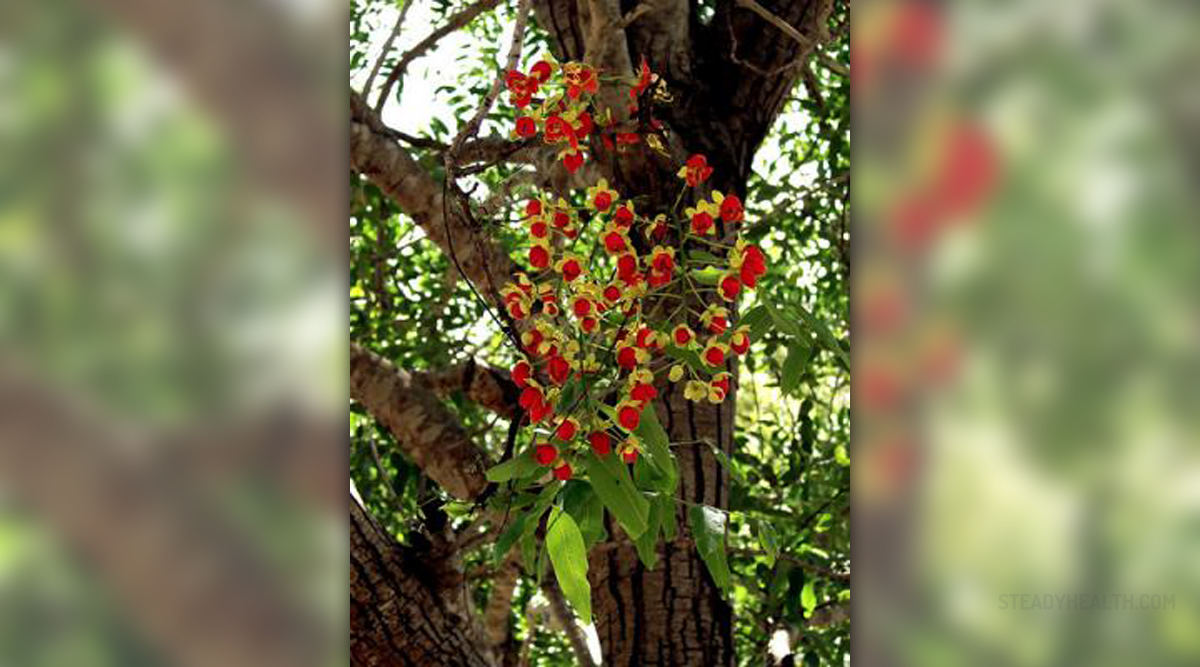
Benefits
Vision, intestine, kidney, and liver problems may be treated with cassia seeds, and dried seeds may even substitute coffee. The liver will benefit from these seeds due to their salty, bitter, and sweet flavor. The seeds make the bowel movement smoother as well. It can be combined with other items such as dodder seeds and wolfberry fruit. This combination will help with the blurred vision.
For problems like dizziness due to the liver fire, headaches, pain, swelling, and conjunctive congestion, use cassia seed along with gentian root. Intestinal dryness may lead to heat accumulation in the large intestine, which eventually leads to constipation. When combined with bush-cherry seed and trichosanthes fruit, it can eliminate this problem due to its laxative properties.
Paste from cassia seeds is used for skin problems and parasites. Also, bacteria such as bacillus coli, paratyphoid bacillus, bacillus diphtheria, and staphylococcus can be treated with cassia seed alcohol infusion. Inhibiting dermatomuces, and fungi, is done with the extract or water infusion of cassia seeds.
- 50 rats were randomly divided into the normal, model, high-dose, middle-dose, and low-dose groups of cassia seed extract (n?=?10 each). A high-fat diet combined with streptozotocin administration was adopted to build type 2 diabetes models.
- The cassia seed extract groups were fed different concentrations cassia seed extract while the normal and model groups were fed the same volume of normal saline. The weight, FINS, GIR, insulin tolerance, blood glucose and blood lipid level, oxidative stress indices and expressions related to the LKB1–AMPK–GLUT4 pathway were detected and compared between the two groups.
- Compared with the normal group, the model group showed lower weight, glucose infusion rate and expressions related to LKB1–AMPK–GLUT4 pathway and higher FINS, insulin tolerance, blood glucose and blood lipid level and oxidative stress indices (all P?0.05).
- Compared with the model group, higher weight, glucose infusion rate and expressions related to LKB1–AMPK–GLUT4 pathway and lower FINS, insulin tolerance, blood glucose and blood lipid level and oxidative stress indices were observed in all groups that were administered cassia see extract (all P?0.05).
Side Effects
Aurantio-obtusin, obtusin, and chrysophanol are the chemicals in the cassia seeds that have beneficial effects, but they can be the cause of some side effects as well. The most common are psoriasis, irritable bowel syndrome, and obesity, but they can also lead to muscle spasms, anxiety, nausea, diarrhea, gas, and drowsiness.
Know that cassia seeds should not be taken along with medications for lowering blood pressure and by pregnant women. Also, those with Qi deficiency and loose bowel movements should not use cassia seeds.


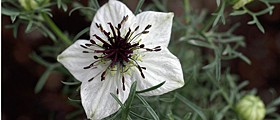
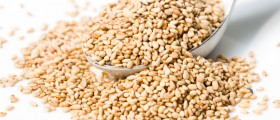

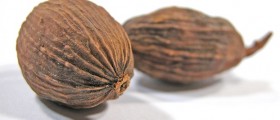
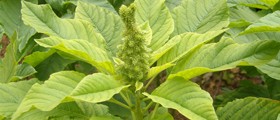



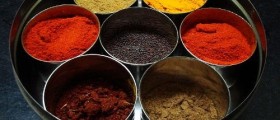






Your thoughts on this
Loading...